Trauma and recovery: Jordan Peterson’s new rules
In this exclusive extract of his new book Beyond Order: 12 More Rules for Life, psychologist Jordan Peterson reveals what saved him while he struggled in the abyss.
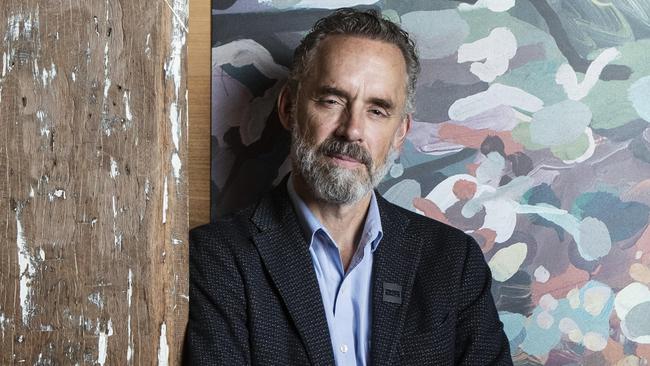
I do not believe I have ever claimed — in my previous book or, indeed, this one — that it would be necessarily sufficient to live by the rules I have presented. I think what I claimed — what I hope I claimed — was this: When you are visited by chaos and swallowed up; when nature curses you or someone you love with illness; or when tyranny rends asunder something of value that you have built, it is salutary to know the rest of the story. All of that misfortune is only the bitter half of the tale of existence, without taking note of the heroic element of redemption or the nobility of the human spirit requiring a certain responsibility to shoulder. We ignore that addition to the story at our peril, because life is so difficult that losing sight of the heroic part of existence could cost us everything. We do not want that to happen. We need instead to take heart, and to take spirit, and to look at things carefully and properly, and to live the way that we could live.
JORDAN PETERSON Q&A: ‘I’ve been sorely tempted towards bitterness’
You have sources of strength upon which you can draw, and even though they may not work well, they may be enough. You have what you can learn if you can accept your error. You have medications and hospitals, as well as physicians and nurses who genuinely and bravely care to lift you up and help you through every day.
And then you have your own character and courage, and if those have been beat to a bloody pulp and you are ready to throw in the towel, you have the character and courage of those for whom you care and who care for you. And maybe, just maybe, with all that, you can get through.
I can tell you what has saved me, so far — the love I have for my family; the love they have for me; the encouragement they have delivered, along with my friends; the fact that I still had meaningful work I could struggle through while in the abyss.

Is it not possible (even though it may not always deliver us from the terrible situation that we find ourselves in) that we would all be more able to deal with uncertainty, the horrors of nature, the tyranny of culture, and the malevolence of ourselves and others if we were better and more courageous people? If we strived toward higher values? If we were more truthful? Wouldn’t the beneficial elements of experience be more likely to manifest themselves around us? Is it not possible, if your goals were noble enough, your courage adequate, your aim at the truth unerring, that the Good thereby produced would … well, not justify the horror? That is not exactly right, but it still comes close.
Such attitudes and actions might at least provide us with meaning sufficient to stop our encounter with that terror and horror from corrupting us and turning the surrounding world into something all too closely resembling hell.
Why Beyond Order? It is simple, in some regard. Order is explored territory. We are in order when the actions we deem appropriate produce the results we aim at. We regard such outcomes positively, indicating as they do, first, that we have moved closer to what we desire, and second, that our theory about how the world works remains acceptably accurate. Nonetheless, all states of order, no matter how secure and comfortable, have their flaws. Our knowledge of how to act in the world remains eternally incomplete — partly because of our profound ignorance of the vast unknown, partly because of our wilful blindness, and partly because the world continues, in its entropic manner, to transform itself unexpectedly.
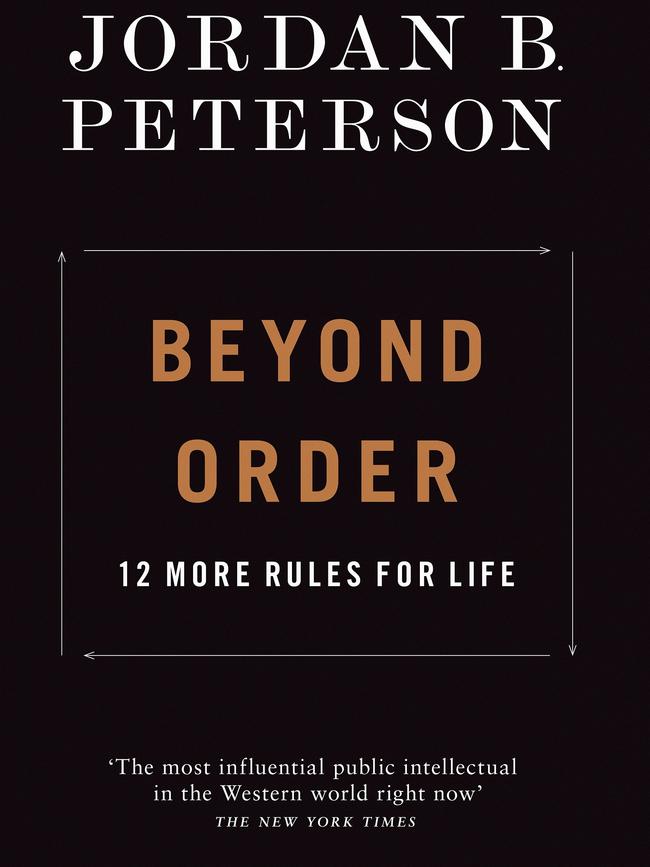
Furthermore, the order we strive to impose on the world can rigidify as a consequence of ill- advised attempts to eradicate from consideration all that is unknown. When such attempts go too far, totalitarianism threatens, driven by the desire to exercise full control where such control is not possible, even in principle. This means risking a dangerous restriction of all the psychological and social changes necessary to maintain adaptation to the ever-changing world. And so we find ourselves inescapably faced with the need to move beyond order, into its opposite: chaos.
If order is where what we want makes itself known — when we act in accordance with our hard-won wisdom — chaos is where what we do not expect or have remained blind to leaps forward from the potential that surrounds us. The fact that something has occurred many times in the past is no guarantee that it will continue to occur in the same manner.
There exists, eternally, a domain beyond what we know and can predict. Chaos is anomaly, novelty, unpredictability, transformation, disruption, and, all too often, descent, as what we have come to take for granted reveals itself as unreliable. Sometimes it manifests itself gently, revealing its mysteries in experience that makes us curious, compelled, and interested. This is particularly likely, although not inevitable, when we approach what we do not understand voluntarily, with careful preparation and discipline. Other times, the unexpected makes itself known terribly, suddenly, accidentally, so we are undone, and fall apart, and can only put ourselves back together with great difficulty — if at all.
Neither the state of order nor the state of chaos is preferable, intrinsically, to the other. That is the wrong way to look at it.
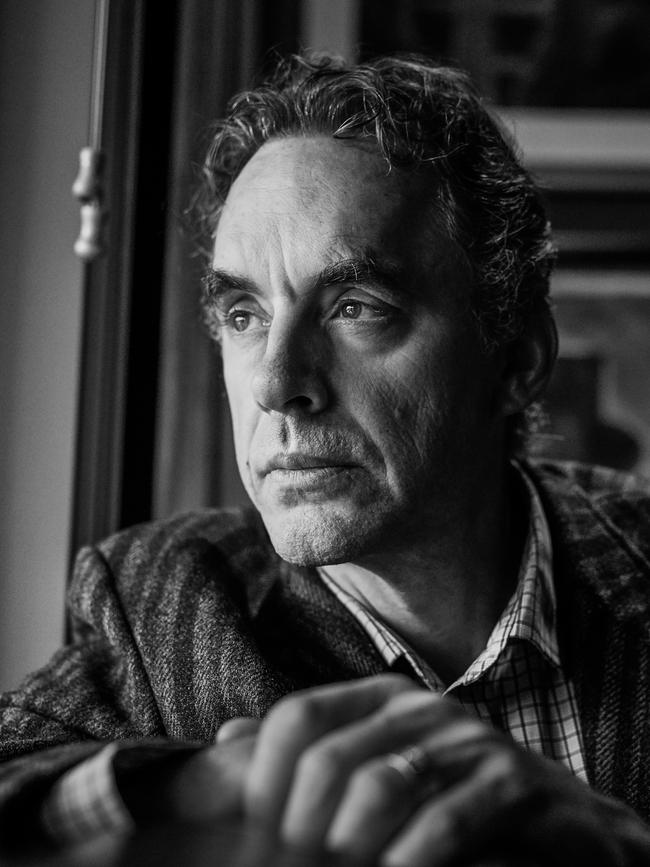
Nonetheless, in my previous book, 12 Rules for Life: An Antidote to Chaos, I focused more on how the consequences of too much chaos might be remediated. We respond to sudden and unpredictable change by preparing, physiologically and psychologically, for the worst. And because only God himself knows what this worst might be, we must in our ignorance prepare for all eventualities. And the problem with that continual preparation is that, in excess, it exhausts us.
But that does not imply in any manner that chaos should be eliminated (an impossibility, in any case), although what is unknown needs to be managed carefully, as my previous book repeatedly stressed. Whatever is not touched by the new stagnates, and it is certainly the case that a life without curiosity — that instinct pushing us out into the unknown — would be a much-diminished form of existence. What is new is also what is exciting, compelling, and provocative, assuming that the rate at which it is introduced does not intolerably undermine and destabilise our state of being.
This is an edited extract from Dr Jordan B. Peterson’s new book Beyond Order: 12 More Rules for Life, published by Penguin Press. Out Tuesday.


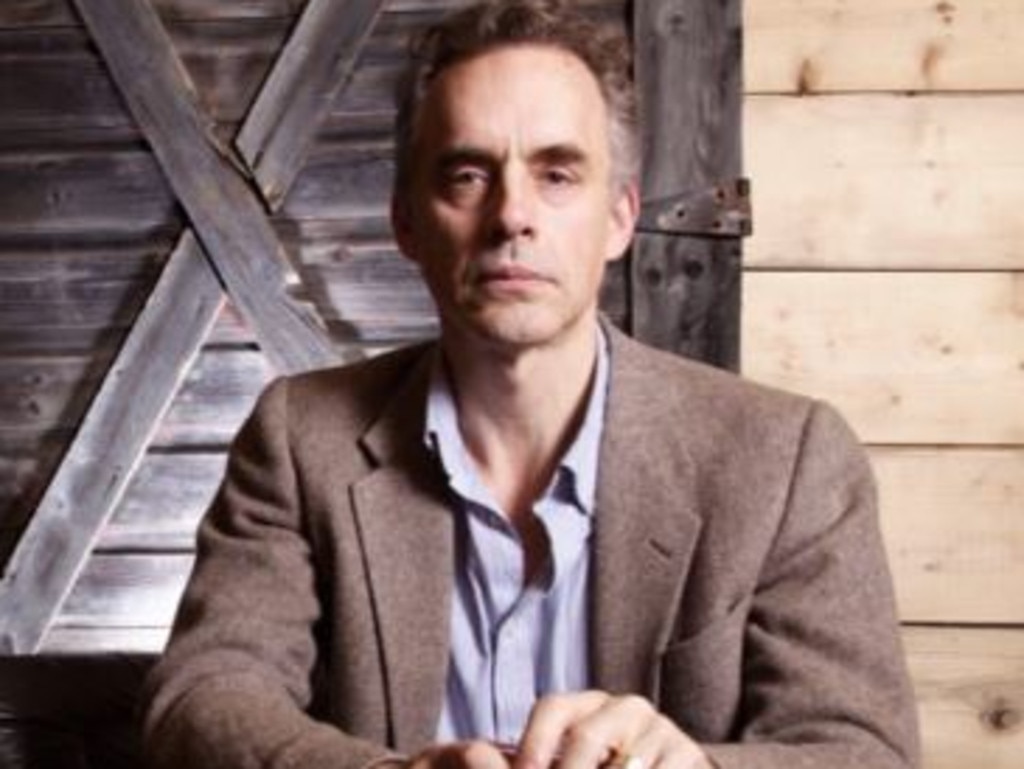
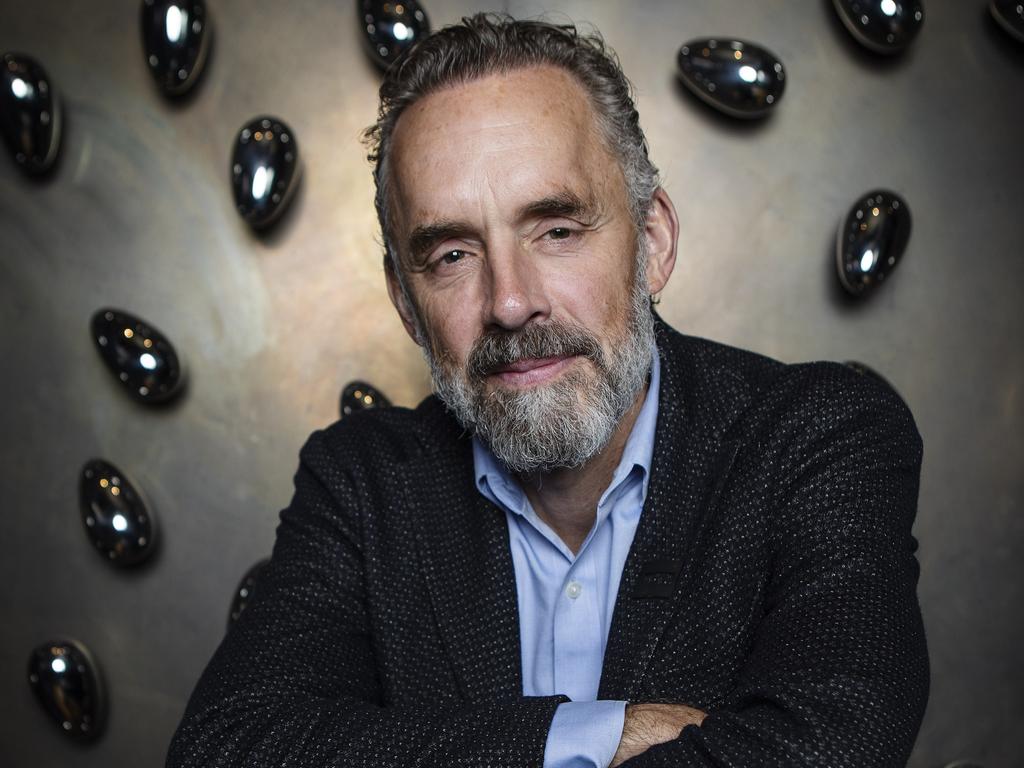
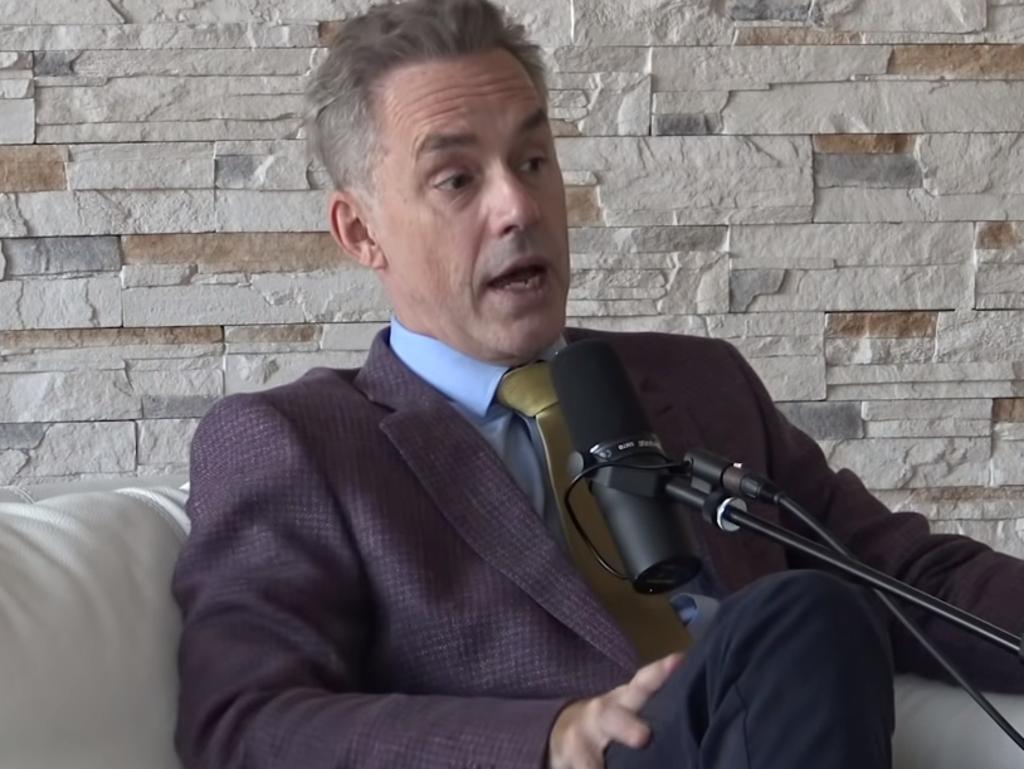
To join the conversation, please log in. Don't have an account? Register
Join the conversation, you are commenting as Logout